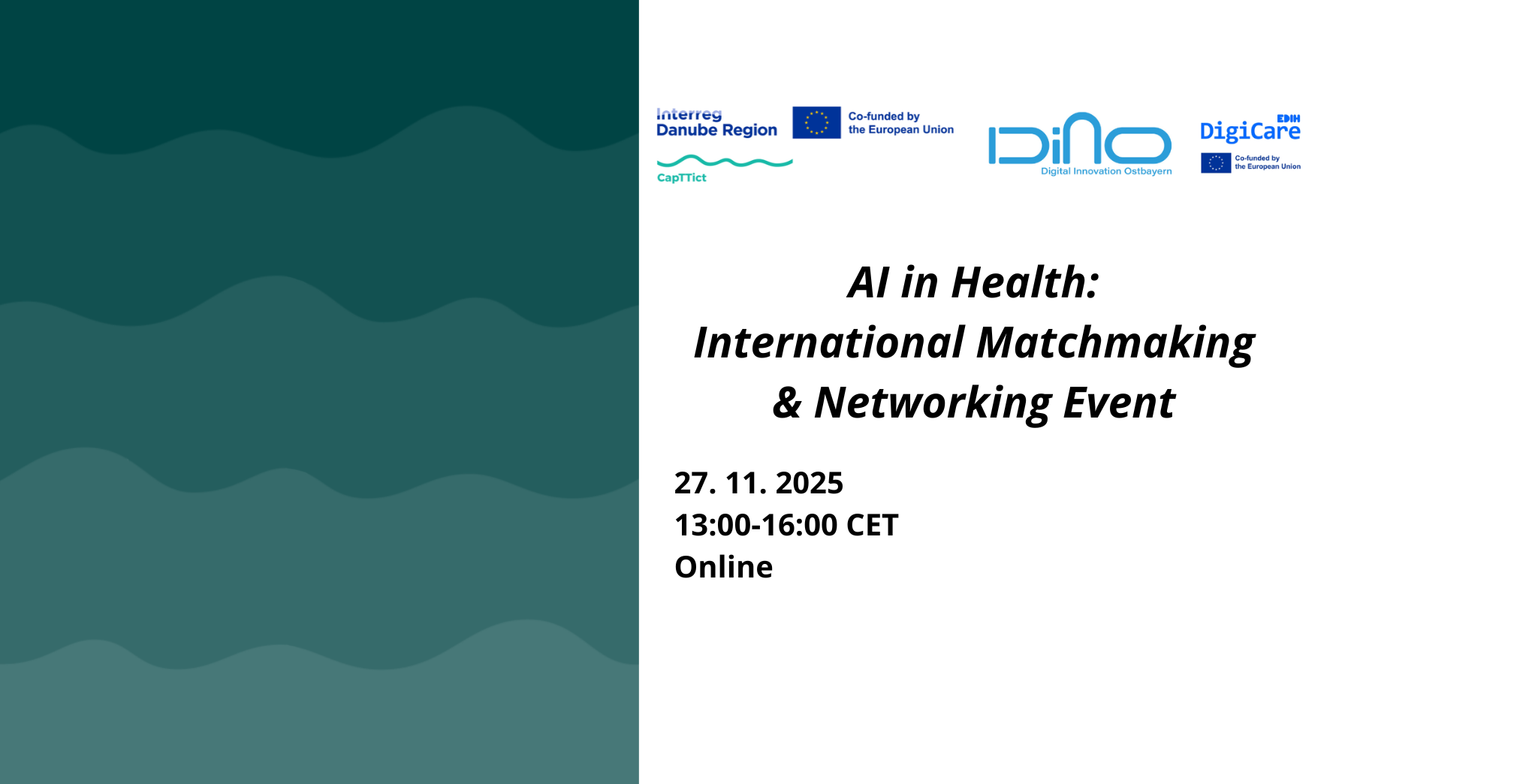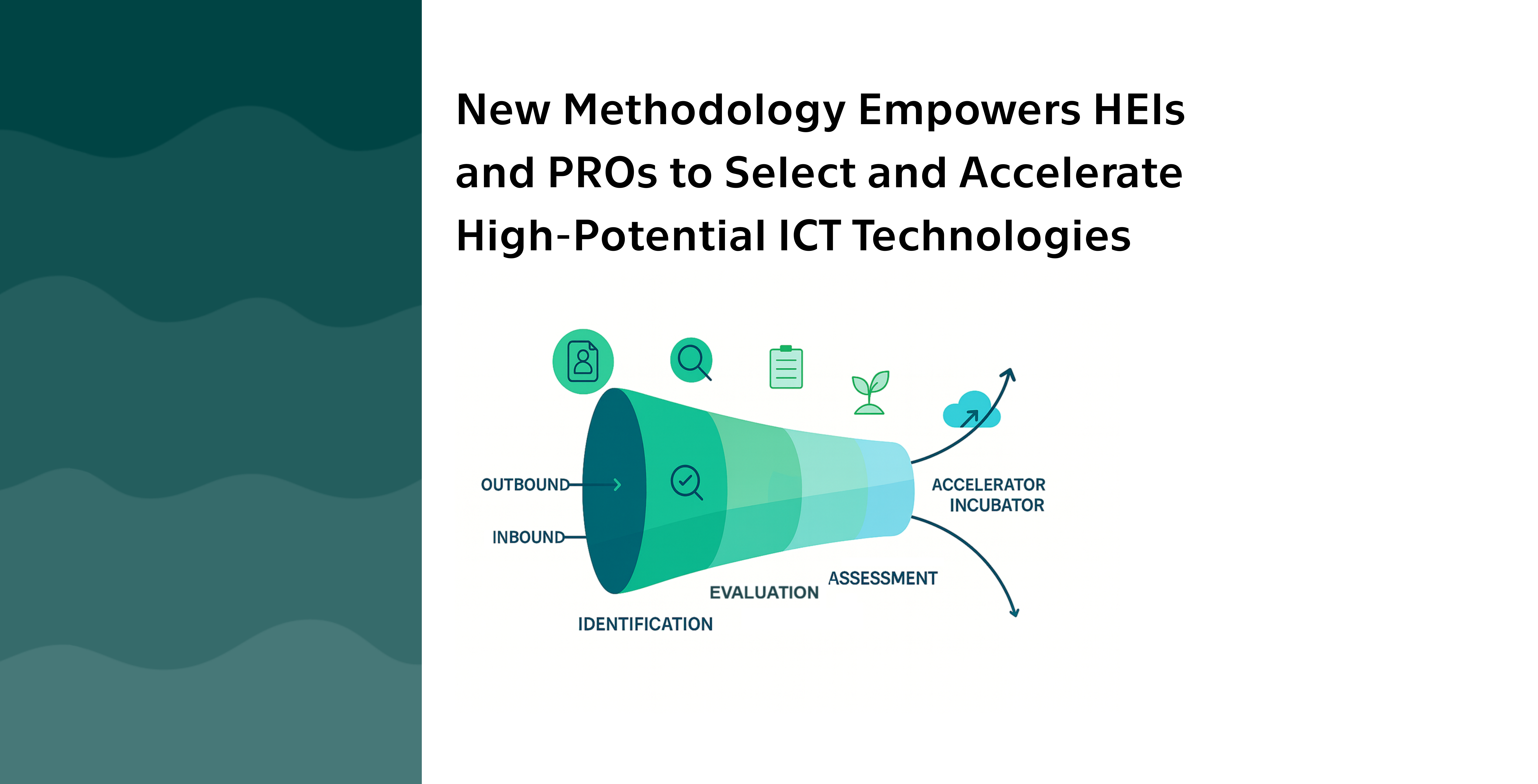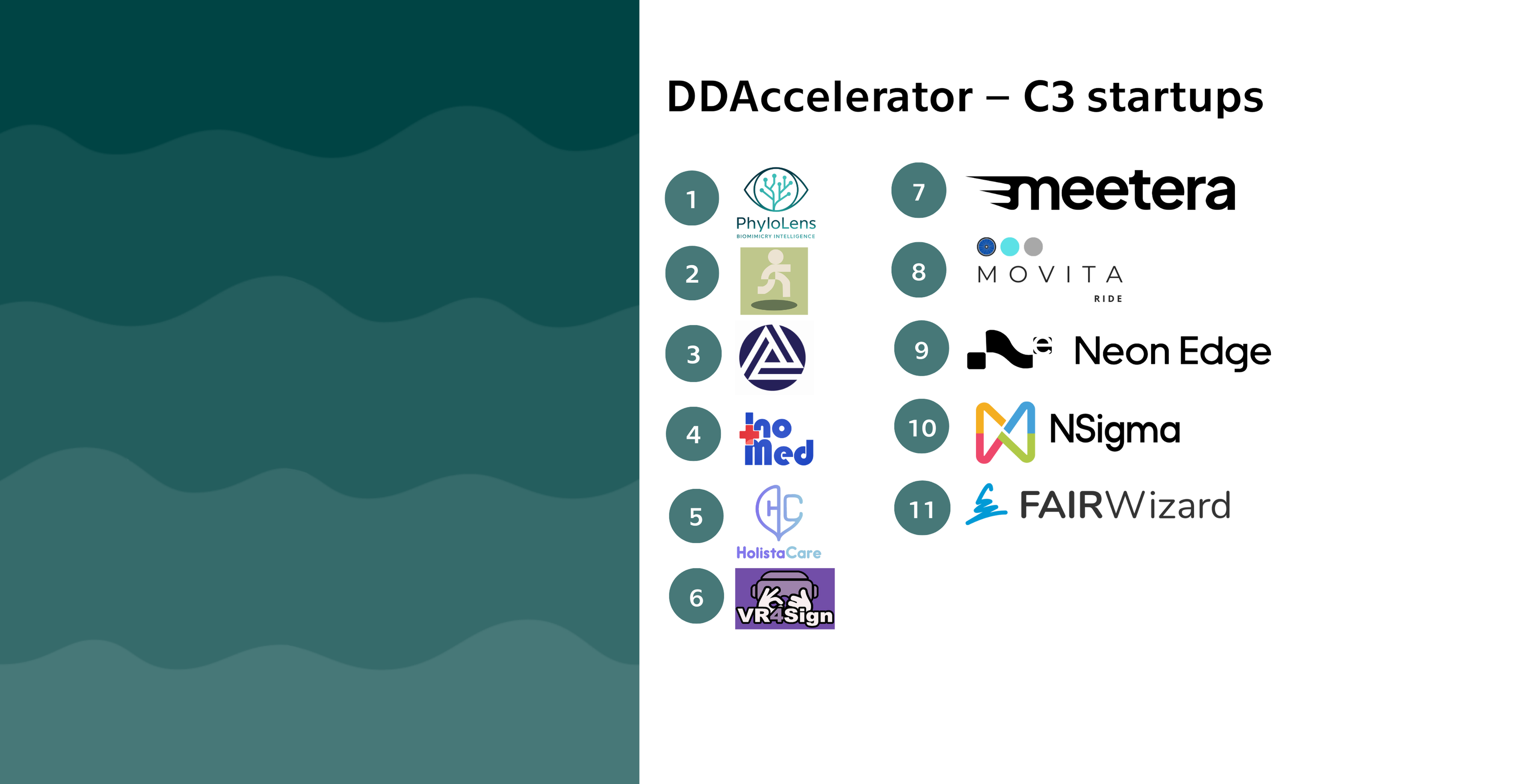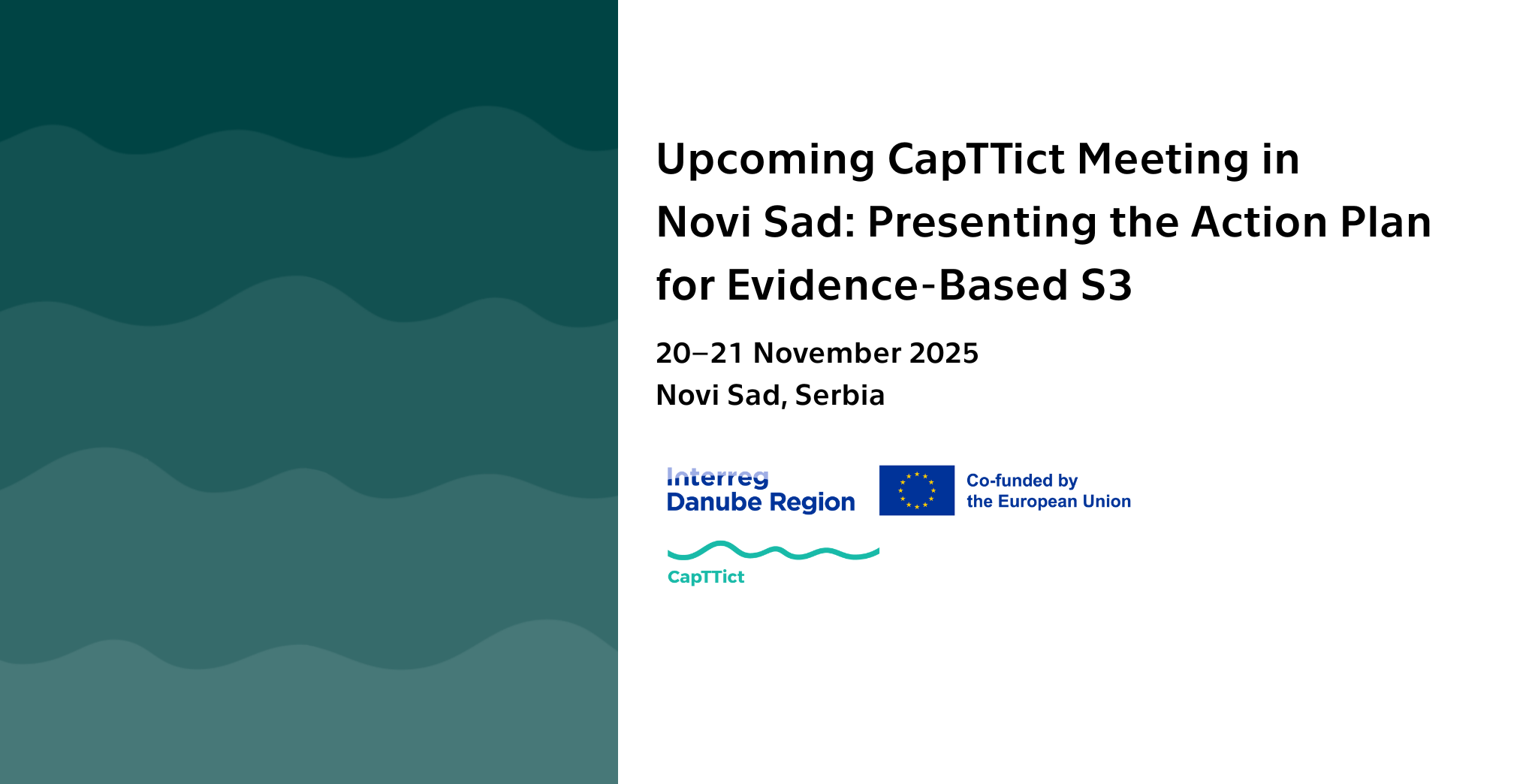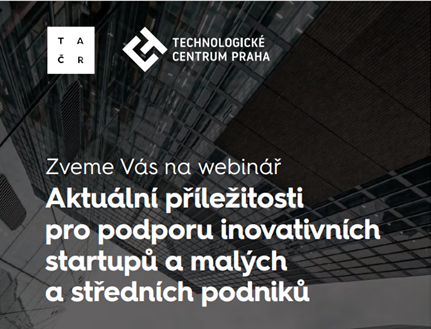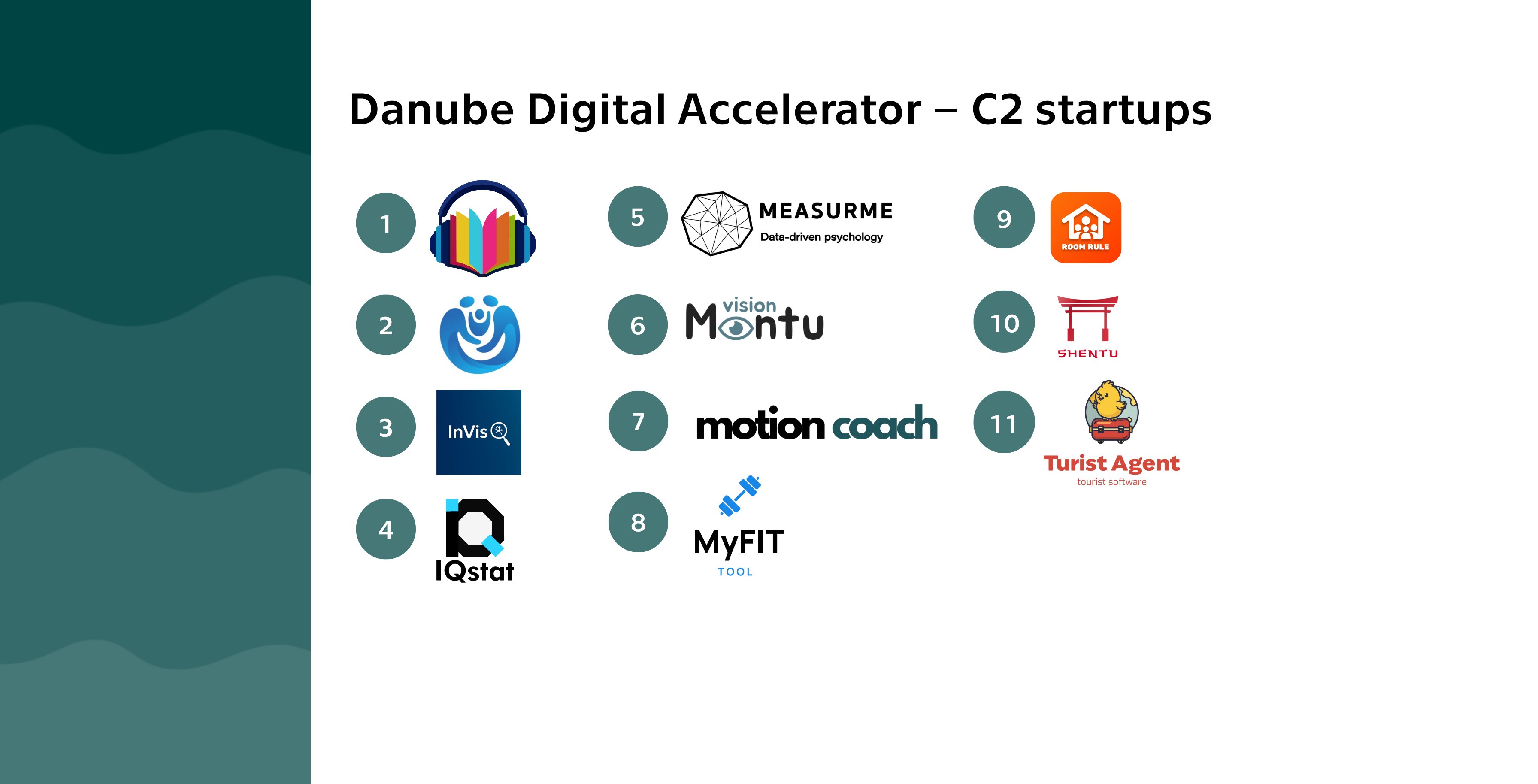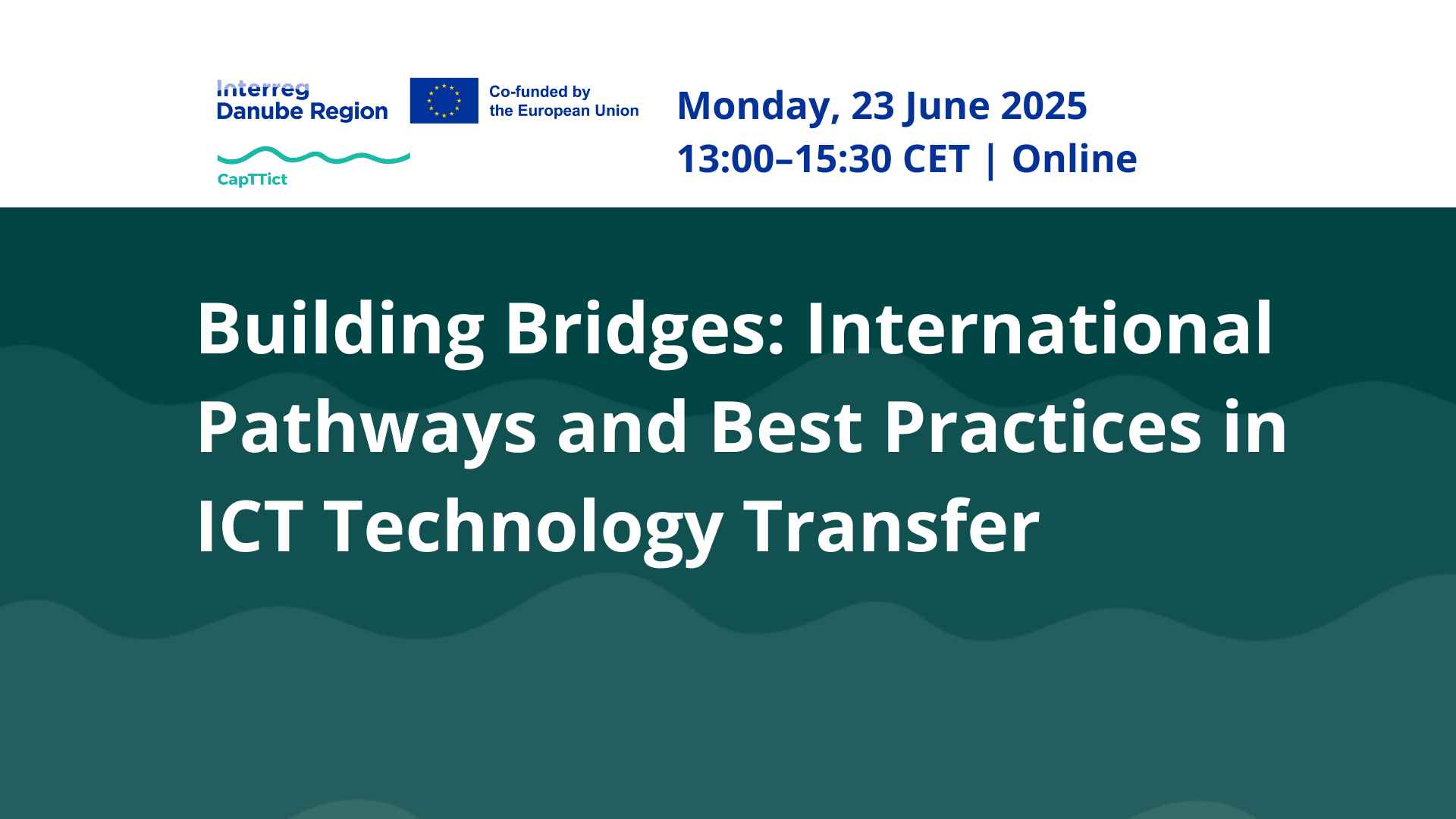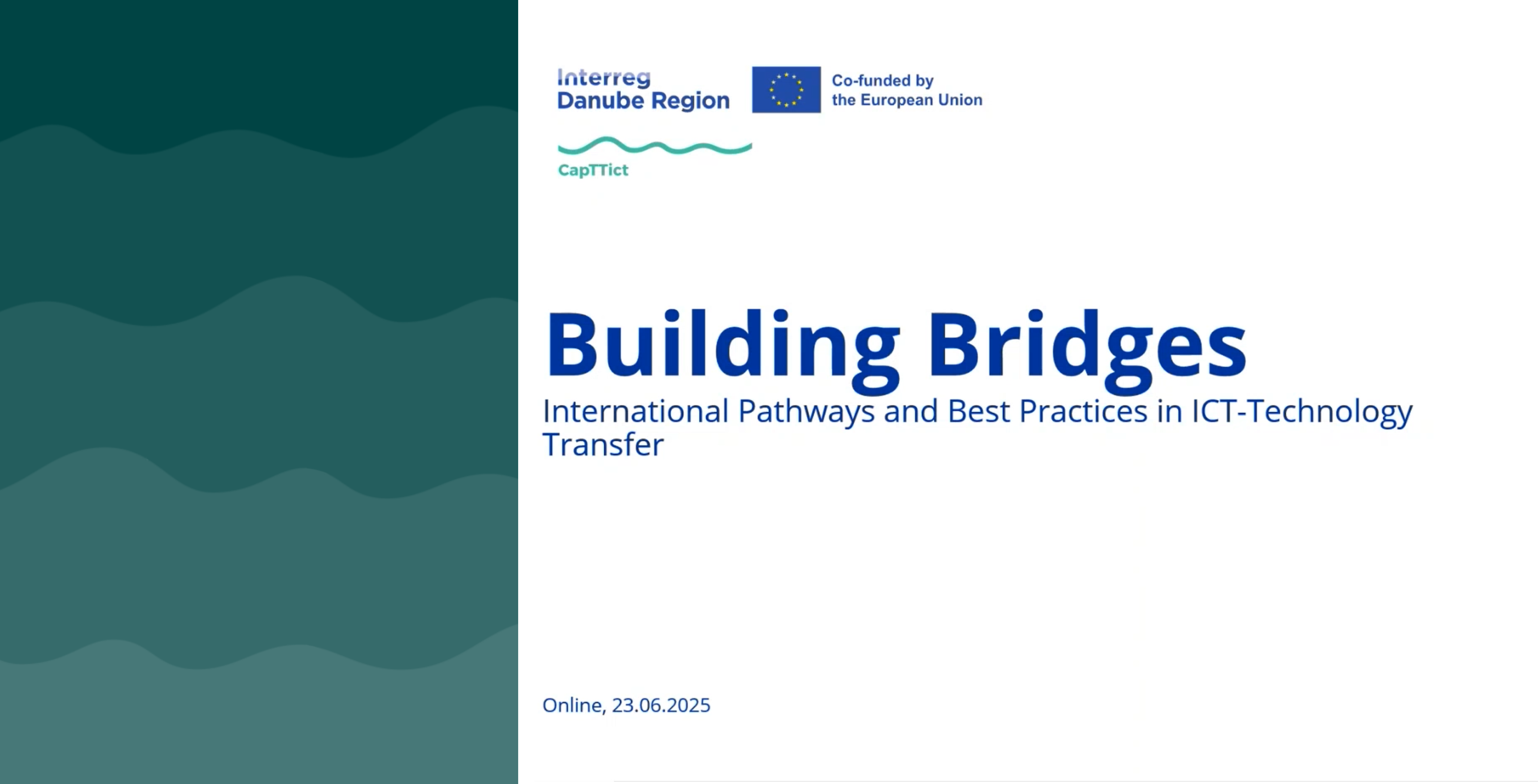
Building Bridges: International Pathways and Best Practices in ICT Technology Transfer
On June 23rd, 2025, the Interreg-funded project CapTTict hosted an engaging online workshop titled "Building Bridges: International Pathways and Best Practices in ICT Technology Transfer." This interactive event brought together experts and practitioners from across Europe to share insights, strategies, and real-world examples in the field of technology transfer, with a special focus on ICT, spin-off creation, and international collaboration.
The workshop began with an introduction to the CapTTict project, led by Nina Stelzl, Research Assistant at the Deggendorf Institute of Technology and a core member of the CapTTict team. She opened the session by presenting the goals and scope of the project, which is focused on strengthening capacities in technology transfer, company building, and innovation – particularly within the field of information and communication technologies (ICT). She highlighted the project’s mission to empower universities, research institutions, and startups across the Danube region by fostering knowledge exchange and building sustainable structures for innovation and entrepreneurship.
This was followed by a keynote titled Technology Transfer Process: Framework and Key Concepts for Effective Tech Transfer in ICT delivered by Prof. Dr. Wolfgang Dorner, Vice President for Research and Transfer at Deggendorf Institute of Technology. In his presentation, Prof. Dorner introduced a comprehensive framework for successful technology transfer within universities, drawing on Deggendorf’s extensive experience operating 18 research and transfer centers. He emphasized the importance of aligning the three core pillars of a university – research, education, and the so-called "third mission," which involves active engagement with industry and society. His talk underscored the need for well-defined strategies, strong partnerships with industry, and an effort to balance regional relevance with international excellence.
The program continued with a series of best practice presentations from across Europe:
DDAccelerator: Building an International Acceleration Programme
Rory Taylor from CapTTict showcased this international acceleration programme, designed to support 30 startups across three cohorts through a four-month journey. The programme focuses on developing the knowledge and capabilities needed for commercialisation and international scaling. The structure and impact of the programme were presented, with its role in fostering startup success being highlighted.Recombee: From research to successful ICT start-up
Pavel Kordík, co-founder of Recombee and researcher at CTU in Prague, shared the company’s journey from academic research to a thriving ICT startup. He highlighted the value of open research, explaining how Recombee was built within the university ecosystem. His presentation emphasized the career development of students, successful alumni stories, and the broader collaboration network that supported their growth.Silicon Valley Programme: Regional Innovation Support with Global Reach
Jessica Laxa from the Bavarian Innovation Transformation Centre (BITZ) offered insights into this nine-month transformation programme created in cooperation with Santa Clara University. The programme aims to prepare innovation-driven teams for market entry and investor engagement through workshops, pitch sessions, and hands-on experience inspired by the Silicon Valley mindset – embracing risk, rapid prototyping, and bold thinking. Since its launch, the initiative has supported over 60 teams, helped secure approximately €14.5 million in seed funding, and contributed to the creation of more than 100 jobs.
The session concluded with an open space for participant questions and discussion, giving attendees the opportunity to reflect on the diverse strategies and examples presented throughout the day.
This workshop was part of CapTTict’s ongoing mission to build stronger technology transfer capacities across the Danube region. By fostering international dialogue and sharing proven practices, CapTTict continues to promote innovation, strengthen university–industry partnerships, and support startup ecosystems with global reach. The recording of the workshop is available on the CapTTict YouTube channel.
To learn more about CapTTict and future events, visit our homepage.
News & Events
Read the most recent updates and explore the upcoming events.


